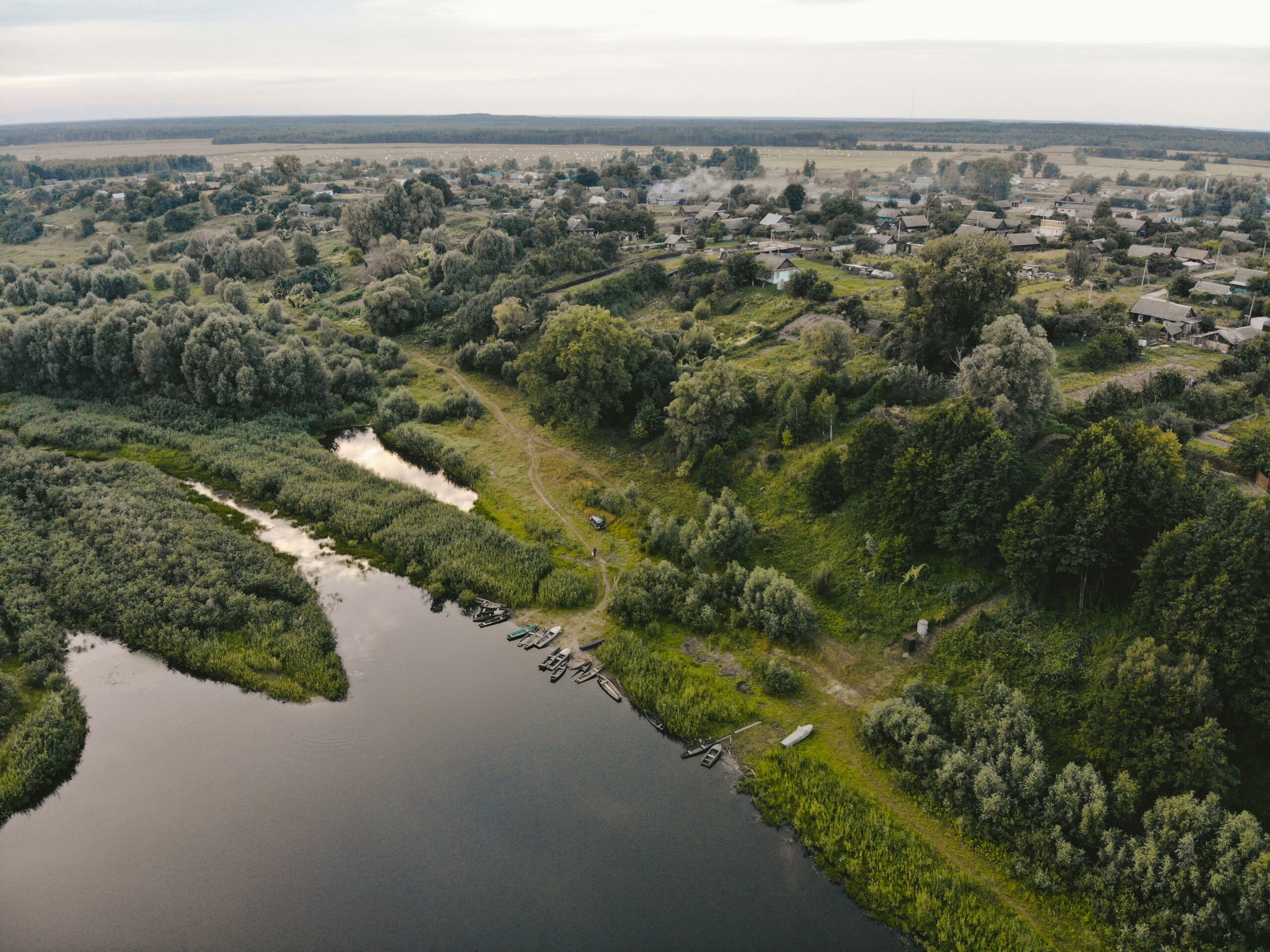The River Approach to Women’s Ministry: Part 2
STEPHANIE HUBACH | CONTRIBUTOR Welcome to Part 2 of “The River Approach” to Women’s Ministries. . . In Part 1, we discussed how flying over Scripture from an aerial view is akin to the “river approach” flying into Reagan International Airport in Washington DC. When the pilot navigates along the Potomac River, it provides a stunning, overarching, panoramic picture of the whole Washington Mall and all of its monuments. A biblical theology approach to Scripture allows us to see how Scripture connects as a whole as God’s Grand Story. The Creation, Fall, Redemption, and Consummation (or New Creation) framework connects in a vital way with how we conduct women’s ministries in the local church. On a very practical level, this same framework ties directly to essential questions we encounter in walking alongside women. As a refresher, here is the chart that was also presented in Part 1...










